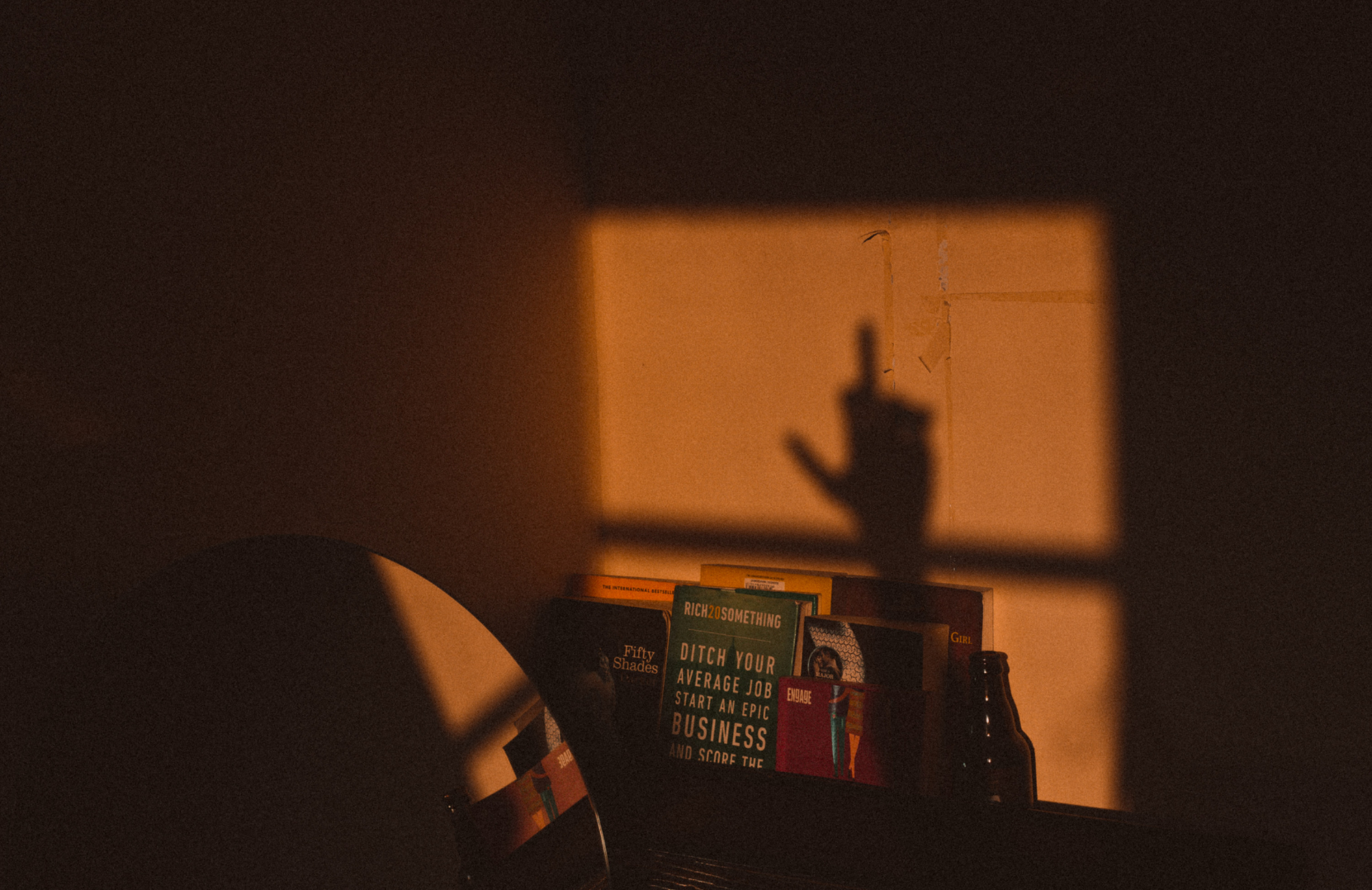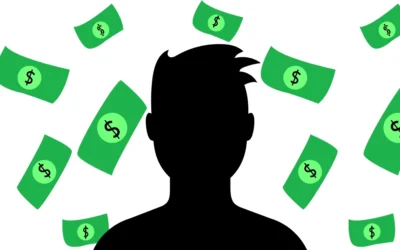Manners! Those habits that were enforced on you by your parents when you were just a small child. Even now, as you read that last line, I bet you heard one, if not both, of your parents’ voices saying, “Say please and thank you, chew with your mouth closed, and always wait your turn.” Long gone are those days. Now in 2022, it feels more and more as though manners are a treasure, hard to find.
Although we can’t possibly group all people together, it is hard to deny the reality. Where has the friendly thank-you wave once given to the person who let you in during a traffic merge gone? Now they either cut you off, or you let them in, and there isn’t so much as a rearview mirror glance of acknowledgement. Holding doors is rapidly becoming a story we tell of long, long ago, and even for the apology capital of the world, fewer sorrys are said every day.
Then there’s the really big issue of how some choose to speak to people in the service industry. Every social media platform is an endless source of videos of Karens yelling at helpless workers just trying to do their thankless job. Ask any server or retail worker, and they will have hours of stories to keep you entertained or make you cry.
Sadly the noticeable decline in manners doesn’t seem to be new. In 2013 a survey done by United Press International UPI.com showed that 79 per cent of people surveyed wished better manners were a priority.
When it comes to working and manners, Professor Christine Porath did more than a decade of research with the University of Southern California for her book, The Cost of Bad Behavior. Porath says in an article for Arizona State University that 96 per cent of employees have experienced some level of incivility at work. Of those, about 12 per cent allow their work to decline and eventually quit. With all that said, what is causing the decline? The verdict is still out.
It may be easy to go after the usual scapegoat, technology, but a study from the University of Haifa done in 2011 shows there is more to it, specifically eye contact. Lack of eye contact on spaces such as social media platforms contributed to online disinhibition. Meaning the rudeness that has gone from the streets to the screen may very well have to do with the fact that the person being rude doesn’t have to see the look in your eyes as your feelings are clearly
affected. Enter the keyboard warrior.
Still, this leaves questions. People are rude to each other in person, so eye contact can’t be the only issue, can it? Etiquette and manners change as societies evolve, so is this just a product of evolution? A new norm, perhaps?
We certainly seem to be in an era where calling people out is everyday business. And yes, the irony of that statement isn’t lost on me as I call out the ill-mannered. Freedom of speech, often used as an excuse to offend others with little to no recourse, is a daily entitlement and certainly the growing divide in the world has not helped.
Now I am not saying that one should forgo all boundaries or contort into a pretzel to be nice to others, especially if they have shown they deserve little respect. However, I would hardly believe that anyone has ever died for saying thank you, holding a door, or waving hello.
In communications, we learn the importance of every small gesture, body language, eye contact, and most of all, how much power words hold. We know how to recognize these points of communication in others and how to read them as a means of better communicating what we need. These skills are of the utmost importance and can help develop stronger relationships at work and in our everyday lives. Being nice or using manners is very much a part of this process.
The most fundamentally basic good manner, showing gratitude or saying thank you, has been studied repeatedly, particularly in the field of psychology. The findings show that it’s great to be grateful. A Harvard Health Publishing article from 2021 says that showing gratitude increases positivity and happiness scores, while saying thank you increases motivation for the person receiving the gratitude. In a world currently so filled with anger, hate and division, this seems like a minimal price to pay to increase happiness. Besides, manners are seen as being nice; being nice can be seen as kindness, and kindness is contagious, which in 2022 might be the only thing you want to catch.





0 Comments